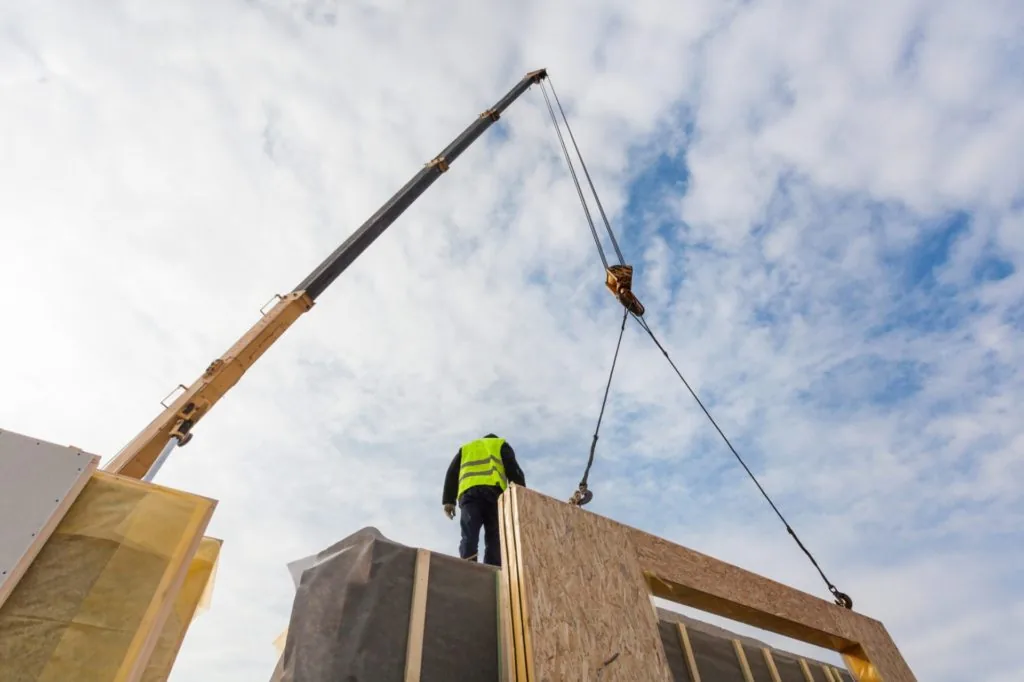1. Trigger for pandemic rent suspension
The parties agreed that the new lease should include a pandemic rent suspension clause, however, they could not agree on when this clause would be triggered. WH Smith’s position was that the clause should be triggered if non-essential retailers had to close. Commerz argued that WH Smith had been able to continue trading (on account of the fact that the shop also contained a Post Office) and that therefore the clause should only be triggered if WH Smith had to close.













![Goodwill Hunting: MVL Properties v The Leadmill [2025] featured image](https://www.footanstey.com/wp-content/uploads/2025/03/beer-brewery-2024.jpg)





